Created as a counterweight to the Soviet Union and Eastern Bloc, the military alliance may be more important now than ever.
A recent Gallup poll found that a majority of Americans remains committed to a United States membership in the North Atlantic Treaty Organization (NATO), the military alliance that marked its 75th anniversary this year: 47 percent said they wanted the US to keep its current commitment, 20 percent wanted an increase in US support for the alliance, while 16 percent thought the US should decrease its involvement. A minority of 12 percent said the US should withdraw from NATO entirely.
To Randall Stone, a political science professor at the University of Rochester and the director of the University's Skalny Center for Polish and Central European Studies, NATO's significance is clear.
"NATO is not just the strongest military alliance in world history, it's also an effective international organization that materially increases its members' joint military capabilities and political influence," says Stone, an expert on international relations and institutions.
NATO basics in less than a minute
What is NATO and when was it created?
NATO was founded by 12 member countries on April 4, 1949, as a bulwark against a rapidly expanding Soviet Union whose sphere of influence reached into the heart of Europe. Since then, the Western alliance has nearly tripled its membership. With the latest accessions-Sweden joined in March of 2024, and Finland in 2023-NATO currently has 32 members, with headquarters in Belgium. Three more countries are requesting membership consideration: Bosnia and Herzegovina, Georgia, and Ukraine.
What is Article 5 of the NATO treaty?
At NATO's core lies Article 5, the principle of collective defense, under which all members agree that if one member country is attacked by a third party, the whole alliance will come to its aid.
NATO expansion: 1949-2024
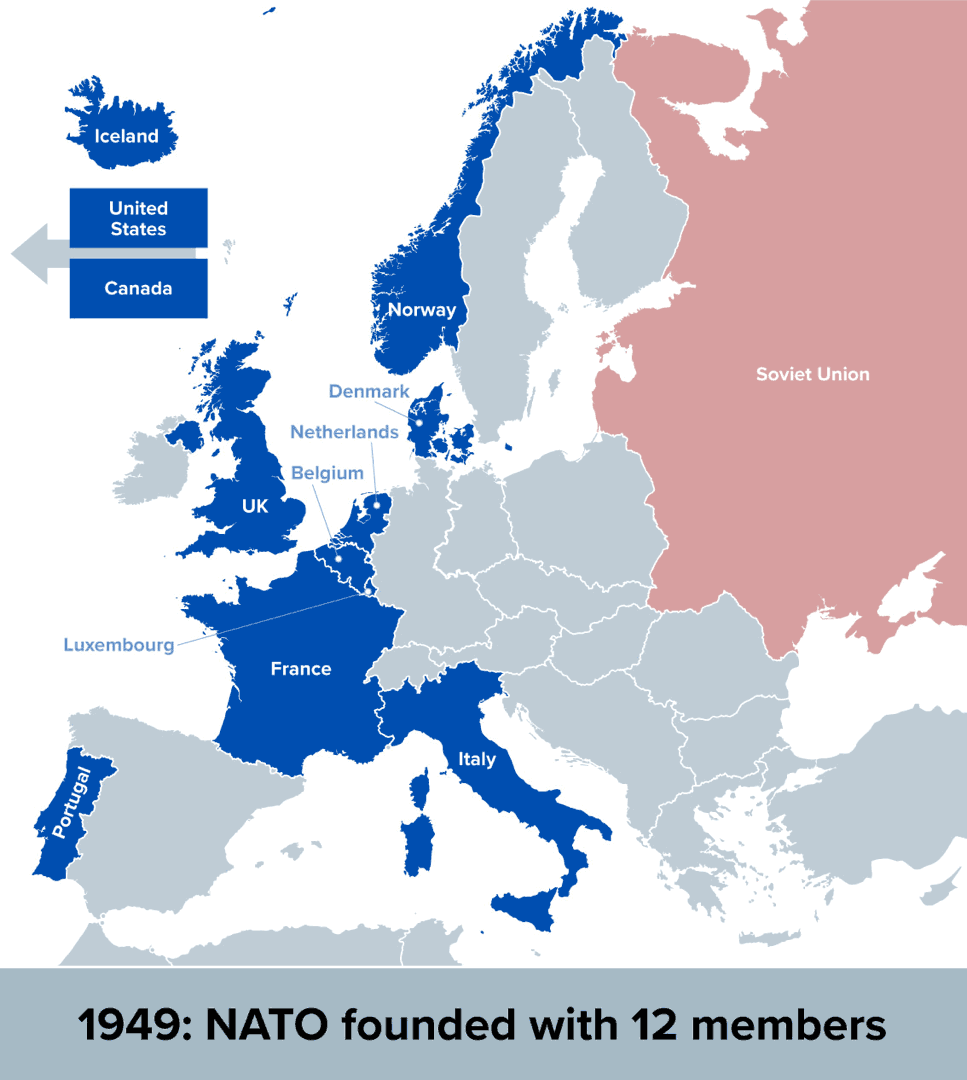
Q&A with Randall Stone
What was NATO's original purpose?
- NATO represented the United States' commitment to Europe after WWII to (re)build a democratic future and protect against the Soviet Union's long reach.
Stone: NATO was created as the Cold War was heating up. Although the Marshall Plan was in full swing, European countries were unsure whether the United States would remain engaged internationally or retreat once again into isolationism. Most European countries were emerging from Nazi occupation, devastated by World War II. To them NATO represented a commitment of American support in rebuilding the post-war order, and gave Europeans the courage to invest in their countries and work to build a democratic future.
How has NATO evolved since its founding? Is it still the best defense in an age of terrorism, cybersecurity threats, and shifting alliances?
- NATO is the strongest military alliance in history. The alliance is continuously evolving to share intelligence resources, and to coordinate military and policy responses.
Stone: NATO provides the logistical support so its members can effectively pool specialized military forces that wouldn't be as effective if they acted independently. It has advanced command-and-control facilities that allows it to project force anywhere in the world. Much of this relies on US capabilities, but NATO magnifies US military capabilities dramatically. In time of war, all of NATO's military forces come under the command of the US general who serves as Supreme Allied Commander in Europe.
The alliance is continuously evolving to confront new challenges, pooling intelligence resources, coordinating military postures and civilian foreign policies, confronting cyber and terrorist threats, coordinating sanctions against Russia, and providing military aid to Ukraine.
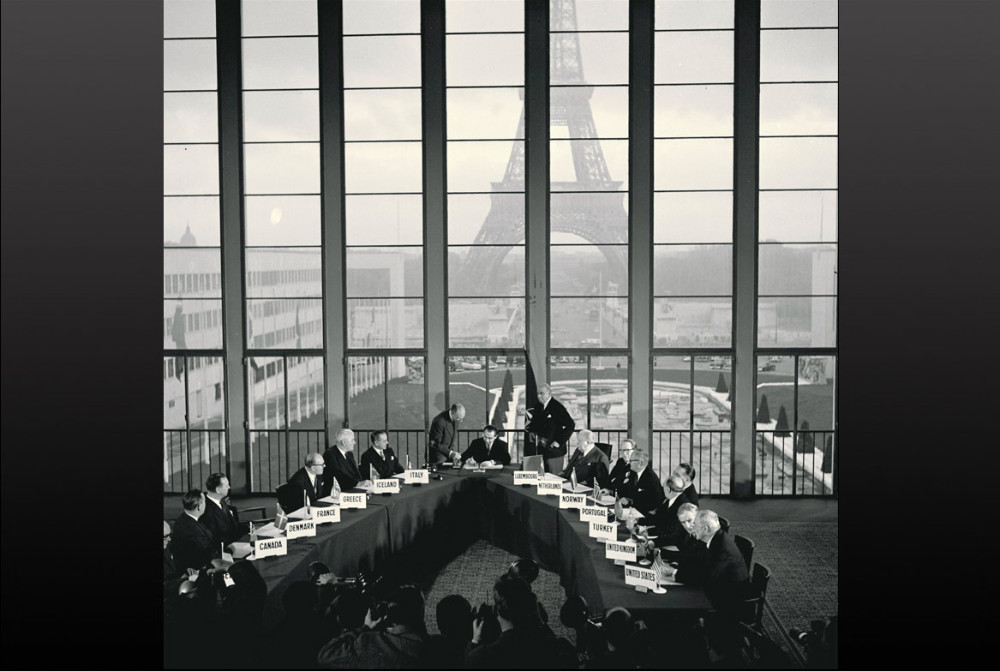
How strong is the commitment of NATO's members?
- The member countries decided not to disband after the end of the Cold War in 1989 and the collapse of the Soviet Union in 1991, even though protecting against those two threats had been NATO's original purpose. Since then, NATO has expanded and strengthened substantially.
Stone: NATO has had tremendous political significance ever since its inception. Europeans, Americans, and Canadians have had their differences over the years, and the United States has made its share of mistakes that have aggravated them-think of George W. Bush's decision to invade Iraq in 2003 in spite of the fact that Saddam Hussein did not have the weapons of mass destruction that the US had alleged. But overall their arguments since 1949 have always had the character of family squabbles.
The commitment to the alliance is fundamental to these relationships. In fact, the members countries' commitment was so strong that it transcended the alliance's original purpose: the allies decided not to disband after the end of the Cold War in 1989 and the collapse of the Soviet Union in 1991. Instead, NATO has expanded and has been substantially strengthened in the last 33 years.
According to a recent Gallup poll, two-thirds of Americans support the US commitment to NATO. What about the nearly one-third who seem to believe that membership is either too costly or not useful for the US?
- International organizations like NATO are vital for US foreign policy-from trying to counter terrorism and climate disaster, to containing the spread of contagious diseases.
Stone: US power is based on cooperative relationships and alliances with other democratic countries. When the United States tries to accomplish something in foreign affairs-whether it's containing Russia, confronting terrorism, dealing with climate disaster, or containing the spread of contagious diseases-it almost always works through international organizations.
Generally, the United States provides leadership in these international organizations, including NATO, because it's the largest of the rich countries, and it has unique military, financial, and economic resources. The US has a pretty good track record of leading and chooses to do so because its interests are better served by a world with plenty of democratic countries that cooperate with each other, rather than a world that breaks up into spheres of influence dominated by authoritarian countries.
Why does the US contribute more to the alliance than any other member?
- The US tends to spend more on defense than other NATO countries, despite America's attempts to convince its European partners to spend more. Since Russia's invasion of Ukraine, member countries have increased their defense spending.
Stone: Traditionally, the United States spends more of its GDP, or gross domestic product, on defense than our NATO allies do. Numerous US administrations of both parties have tried, with varying degrees of success, to convince the Europeans to spend more. A collective defense benefits everyone, but small countries far from the front line often feel little incentive to contribute. For most of the post-Cold War period it wasn't entirely clear whether more spending was even justified. At the time, we were enjoying a peace dividend, and it made sense to invest in other things that seemed to be more productive. But since Russia's 2022 invasion of Ukraine, our NATO allies have been increasing their military spending quite rapidly.
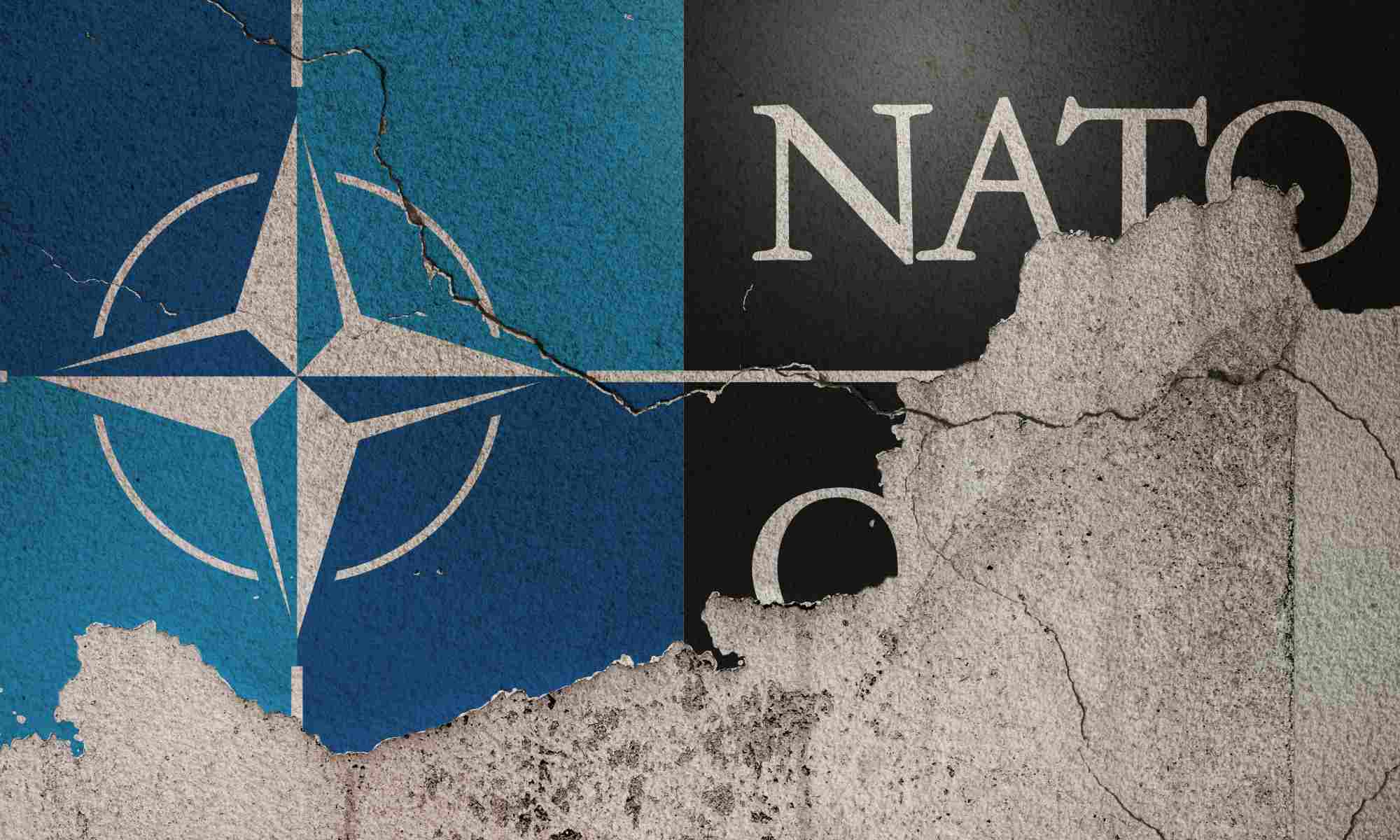
What could happen to the United States' relationship with NATO if former President Trump wins the 2024 election?
- The biggest problem is that Trump is unpredictable. European NATO allies are "preparing for the worst" should he win the 2024 US presidential election.
Stone: The main problem with Donald Trump is not what we know he would do, but what we don't know. He's completely unpredictable. Our European allies are preparing for the worst if he wins. He might try to pull the United States out of NATO, or cut off aid to Ukraine. We got through the last Trump presidency without major disasters because he was surrounded by advisors who were cautious and managed to contain most of his worst impulses. But he's alienated from those advisors now, so it's hard to predict what his new foreign policy would look like.
What role has NATO played in maintaining peace and stability in Europe?
- NATO's Article 5 is the only thing that has prevented Russia's Putin from invading the three neighboring democratic Baltic Republics of Estonia, Latvia, and Lithuania.
Stone: The core of NATO is Article 5 of the Atlantic Treaty, which promises that if any member is attacked, all members will come to its defense. Article 5 has only been invoked once, by the United States after the terror attacks of 9/11, after which our NATO allies joined us in fighting a long and fruitless war in Afghanistan.
Article 5 is the only thing that has prevented Vladimir Putin from conquering three democratic countries that were former Soviet Republics and that are a thorn in his side: Estonia, Latvia, and Lithuania. Those countries were independent between the world wars and were conquered by Stalin at the beginning of the Second World War. They became independent again after the collapse of the Soviet Union, and subsequently became prosperous democracies and members of NATO and the European Union.
Putin has expressed a desire to reestablish the former Soviet sphere of influence in Eastern Europe, which is profoundly threatening to US allies like Poland, which has spent centuries trying to throw off Russian domination. The willingness of most of the small countries of Eastern Europe to resist authoritarianism depends on the US commitment to come to their aid if they're attacked, and ultimately on the US nuclear deterrent.
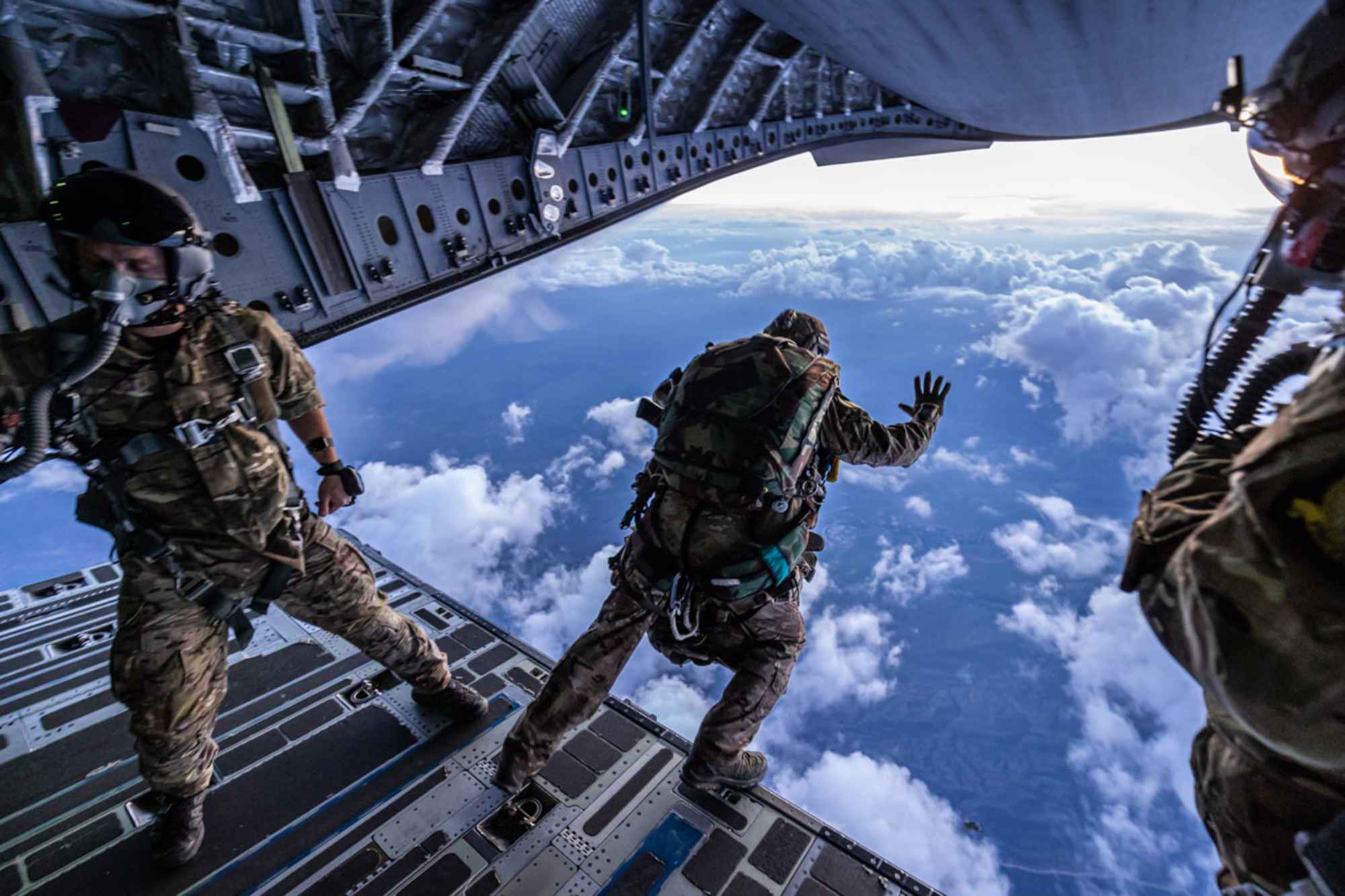
Is NATO responsible for Russia's attack on Ukraine?
- Putin's claim that he had to attack Ukraine to prevent it from joining NATO is false. His real motive is to rebuild greater Russia and extend its sphere of influence.
Stone: Putin's statements since the 2022 invasion of Ukraine and the viciousness of his campaign against Ukrainian statehood have made it clear that his past argument-according to which NATO's expansion justified his concerns about Russia's security-were never sincere. His aim is to rebuild Russia as a great power, and he thinks that necessarily includes dominating Ukraine.
Russian experts on the Kremlin's foreign policy have told me that NATO's expansion played a role in changing the perception among Russian elites in the 1990s and made them pessimistic about long-term cooperation with the US. The NATO operation to bomb Serbia to protect Kosovo in 1999 played an even more important role.
But today Putin is the only person who really matters when it comes to Russian foreign policy. His worldview was firmly established in the 1980s when he was a KGB officer working to maintain Soviet control of East Germany. It now appears that the cooperative façade of the early period of his time in power, like the respect he seemed to pay to democratic principles at the time, was simply a strategy to play for time while he built up Russian military capabilities.
Did Russia's invasion of Ukraine inadvertently make NATO stronger?
- As a direct result of Russia's attack on Ukraine, NATO allies have been strengthening their militaries. Finland and Sweden, historically neutral, have now joined the alliance.
Stone: Absolutely. As a result of the attack, NATO allies have been strengthening their militaries and contributing aid to Ukraine. Two countries with long-standing commitments to neutrality, Finland and Sweden, have joined the alliance since the invasion began.
Meanwhile, Russia is objectively much less secure than beforehand because the war in Ukraine has devasted Russia's military and has demonstrated that it is much weaker than was previously believed. In the future, the most probable outcome of the war is that Ukraine will become a NATO member, which most likely would never have happened without the Russian invasion. Ironically, trying to prevent that scenario was precisely what Putin claimed as the reason for attacking Ukraine.
What's the effect of new NATO members Finland and Sweden?
- Finland's and Sweden's membership creates a long border with Russia but makes it easier to protect the three Baltic Republics of Lithuania, Latvia, and Estonia.
Stone: Adding Finland and Sweden to NATO meant adding a long border with Russia that has to be defended. However, Finland has a very capable army, and Sweden has a substantial air force, so in the short run their accession makes NATO's northern flank much more secure. Working cooperatively with all of the Baltic Sea countries makes it much easier for NATO to protect Estonia, Latvia, and Lithuania.
Would Ukraine be a good candidate for NATO?
- Allowing Ukraine to join NATO carries enormous risk, but Ukraine is unlikely to negotiate peace with Russia without a third-party commitment to enforce it.
Stone: Ukrainian membership in NATO carries enormous risks, but it may turn out to be the only way to end the war with Russia. Ukraine will be reluctant to settle with Russia on any terms other than Russian unilateral withdrawal from Ukraine's pre-2014 territory. Yet, Russia has formally incorporated some of that territory, including Crimea and four other Ukrainian provinces, into the Russian Federation. If a future peace treaty represented a compromise between those positions, both sides would be concerned that the other would renege and return to hostilities if one perceived a tactical advantage.
A return to hostilities by the other side is a particularly grave concern for Ukraine, which is much smaller than Russia, has already been invaded, and has suffered enormous civilian casualties that were deliberately inflicted. Additionally, Ukraine would worry that its tactical situation would rapidly deteriorate if it demobilized its army in order to rebuild its economy, and that it might not be able to rebuild the international coalition that sustained its warfighting capability once the current conflict ended.
As a result, Ukraine might be unwilling to settle the conflict without a third-party commitment, such as NATO, to enforce any peace settlement.
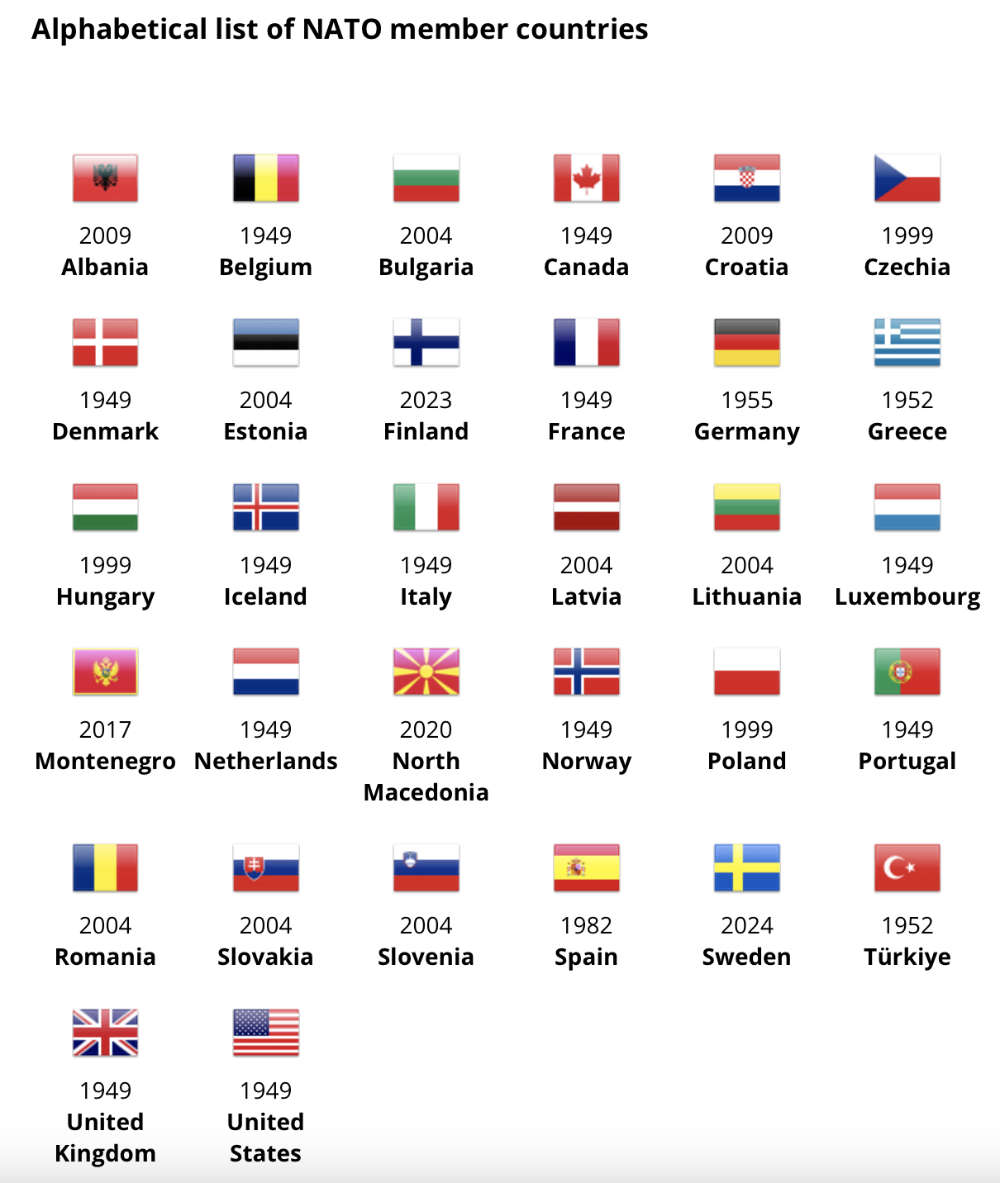

Meet the expert
Political scientist Randall Stone, the director of the University of Rochester's Skalny Center for Polish and Central European Studies, is an expert on international relations and has written extensively on Russia and Eastern and Central Europe.
He is the author of Controlling Institutions: International Organizations and the Global Economy (Cambridge University Press, 2011), Lending Credibility: The International Monetary Fund and the Post-Communist Transition (Princeton University Press, 2002), and Satellites and Commissars: Strategy and Conflict in the Politics of Soviet-Bloc Trade (Princeton University Press, 1996), as well as numerous articles.






